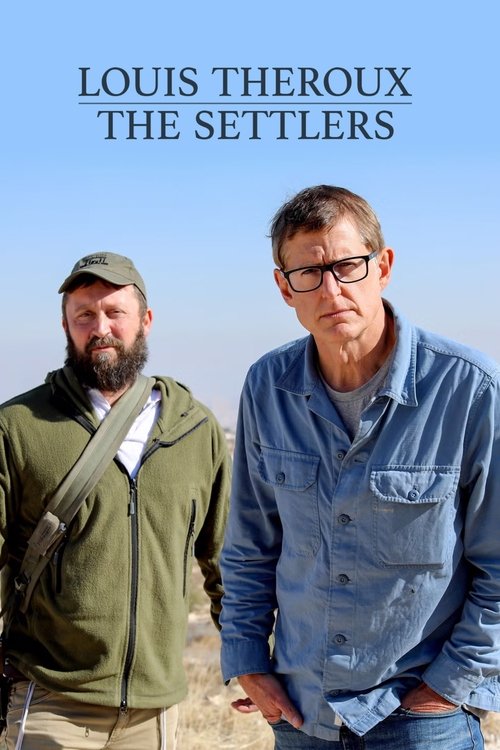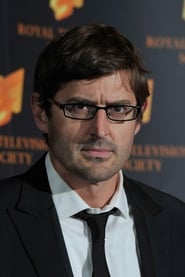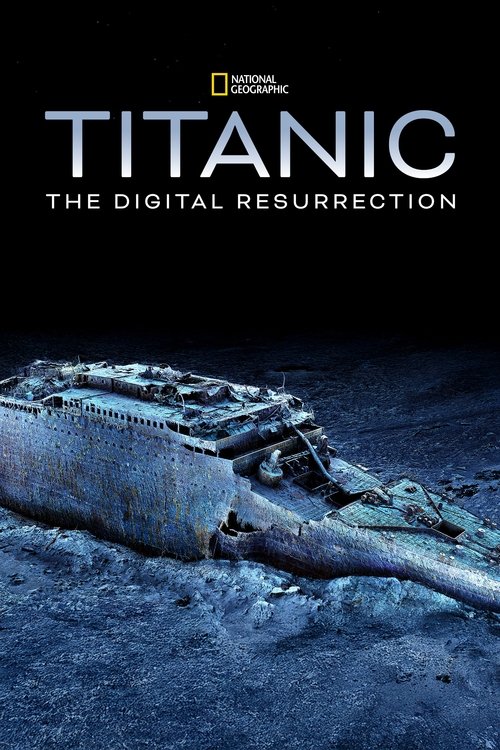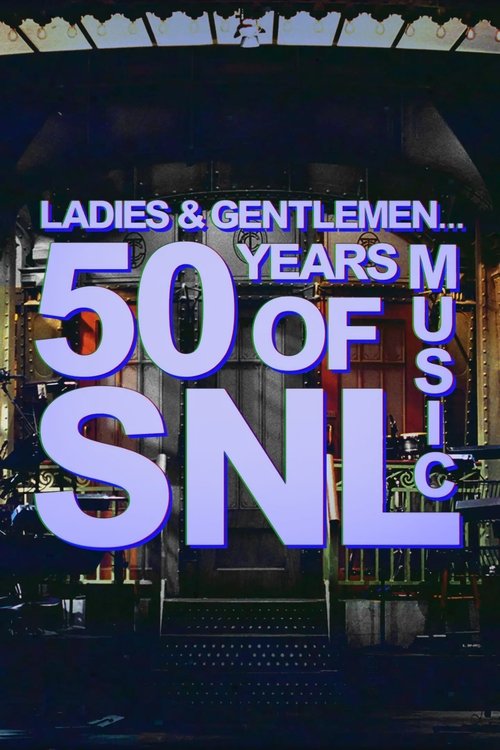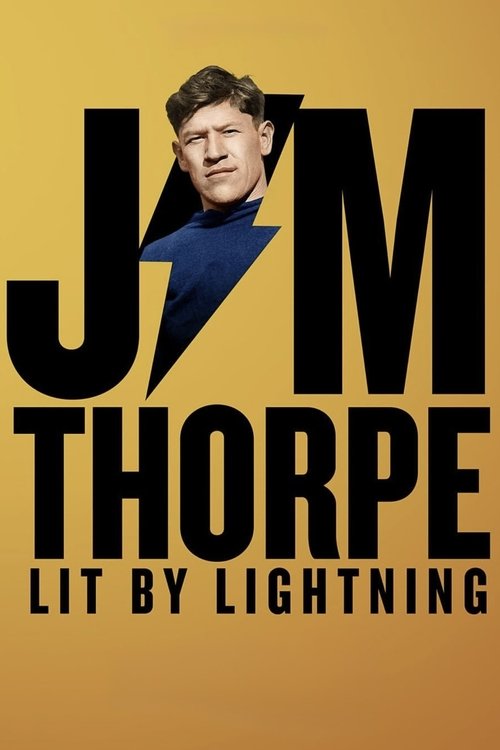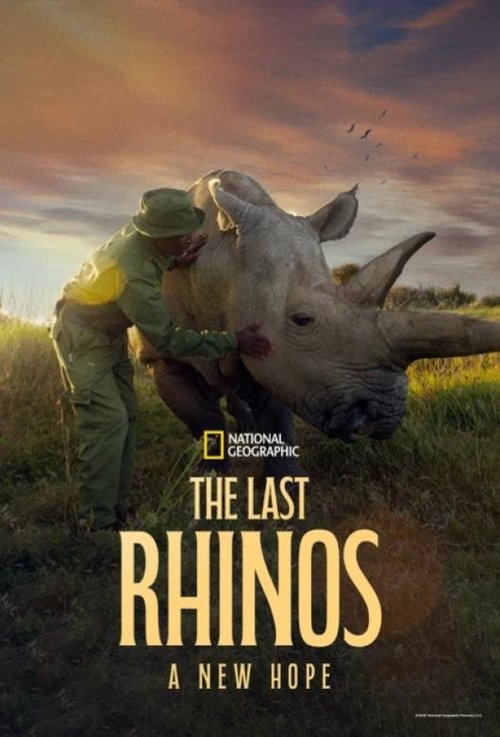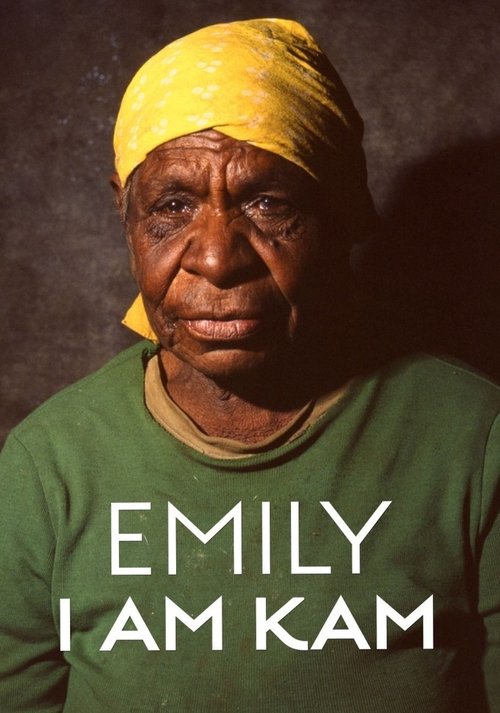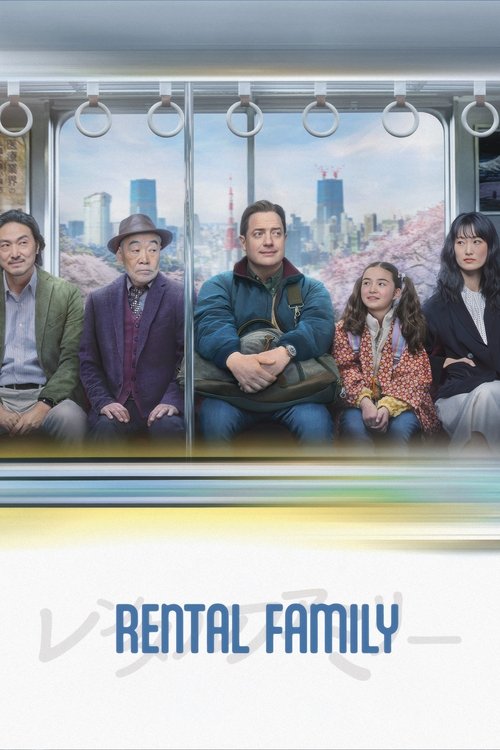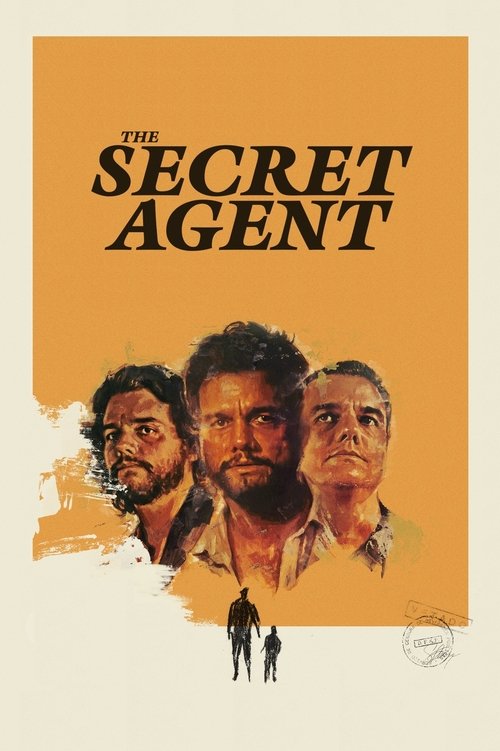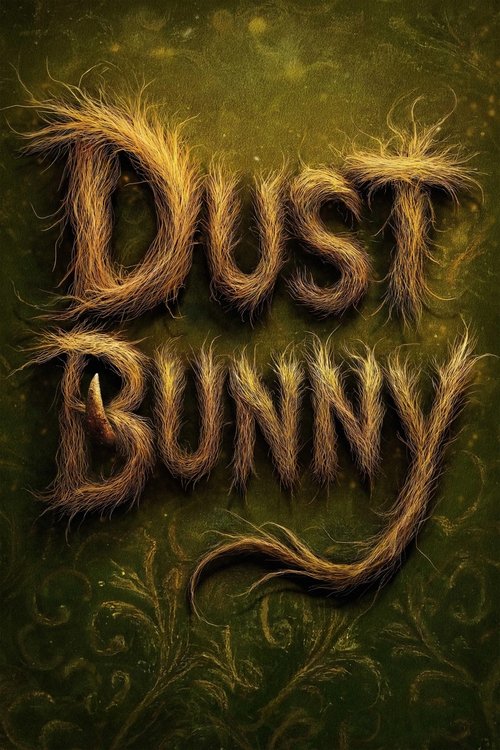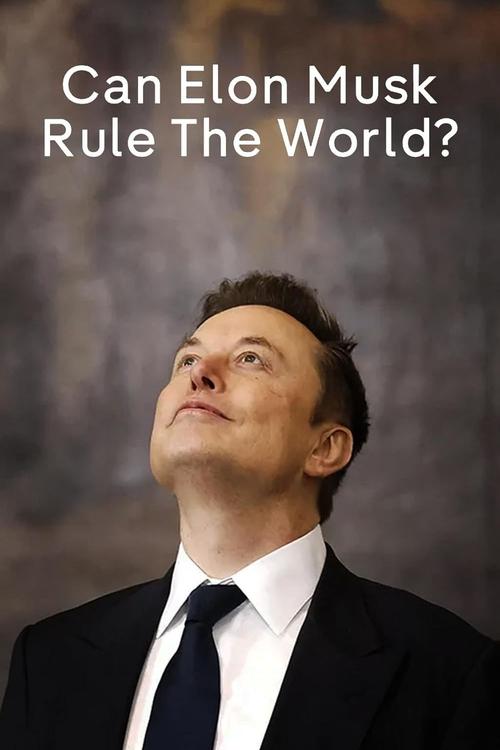
Ask Your Own Question
What is the plot?
More Movies Like This
Browse All Movies →
What is the ending?
Is there a post-credit scene?
There is no information in the provided search results indicating that the 2025 documentary "Louis Theroux: The Settlers" contains a post-credit scene. The sources focus on the documentary's content, themes, and reception but do not mention any post-credit scene or additional footage shown after the credits. Therefore, it can be concluded that the documentary does not have a post-credit scene or it is not notably documented if it exists.
What perspectives and ideologies of Israeli settlers are presented in Louis Theroux: The Settlers?
The documentary presents Israeli settlers who openly express ultra-nationalist and extremist views, including support for ethnic cleansing and displacement of Palestinians. For example, Rabbi Dov Lior, a religious extremist featured in the film, speaks of cleansing Gaza and Lebanon of Palestinians and encourages their departure. Settlers articulate a belief that the land belongs exclusively to the Jewish people, with some advocating for the removal or eradication of Palestinians from these areas.
How does Louis Theroux interact with and interview the settlers in the film?
Theroux employs his signature interviewing style, gently pressing settlers on their views while allowing them to speak openly. He encounters media-savvy figures like Daniella Weiss, who skillfully navigate his questions and express controversial opinions, such as the desire for Arabs to disappear from Gaza. Theroux also captures moments of tension and fear, such as when an olive farmer is harassed by occupation forces and peace activists assist him, highlighting the complex and often dangerous environment settlers and Palestinians live in.
Does the documentary include the perspectives of Palestinians affected by the settler movement?
While the film primarily focuses on Israeli settlers, it includes some Palestinian voices, though critics note this aspect is limited. One Palestinian featured shares a personal story of displacement and the ongoing threat to their community in Masafer Yatta. The documentary exposes the harsh realities Palestinians face under occupation but has been critiqued for not giving equal weight to their lived experiences compared to the settlers' narratives.
What themes of conflict and ideology are explored in the documentary?
The film explores themes of ethnic cleansing, supremacist ideology, and the political dynamics of occupation and apartheid. It reveals how far-right and ultra-nationalist beliefs among settlers contribute to ongoing violence and displacement. The documentary also touches on the erosion of liberal democratic values in Israel, with settlers expressing genocidal rhetoric and plans for expansion into Palestinian territories, reflecting a broader political and social crisis.
What are some notable scenes or moments that illustrate the settlers' mindset and actions?
Notable scenes include Rabbi Dov Lior delivering a speech advocating for the cleansing of Palestinians and the expansion of Jewish families into Gaza, with the film crew being asked to stop recording. Another moment shows an Israeli protester blocking humanitarian aid to Gaza, stating that killing Palestinian offspring is necessary to prevent future generations. Theroux also films settlers in well-established communities contrasted with recent settlers living in poor conditions, highlighting internal inequalities. The harassment of an olive farmer by soldiers and the intervention of peace activists further illustrate the tense and violent environment.

